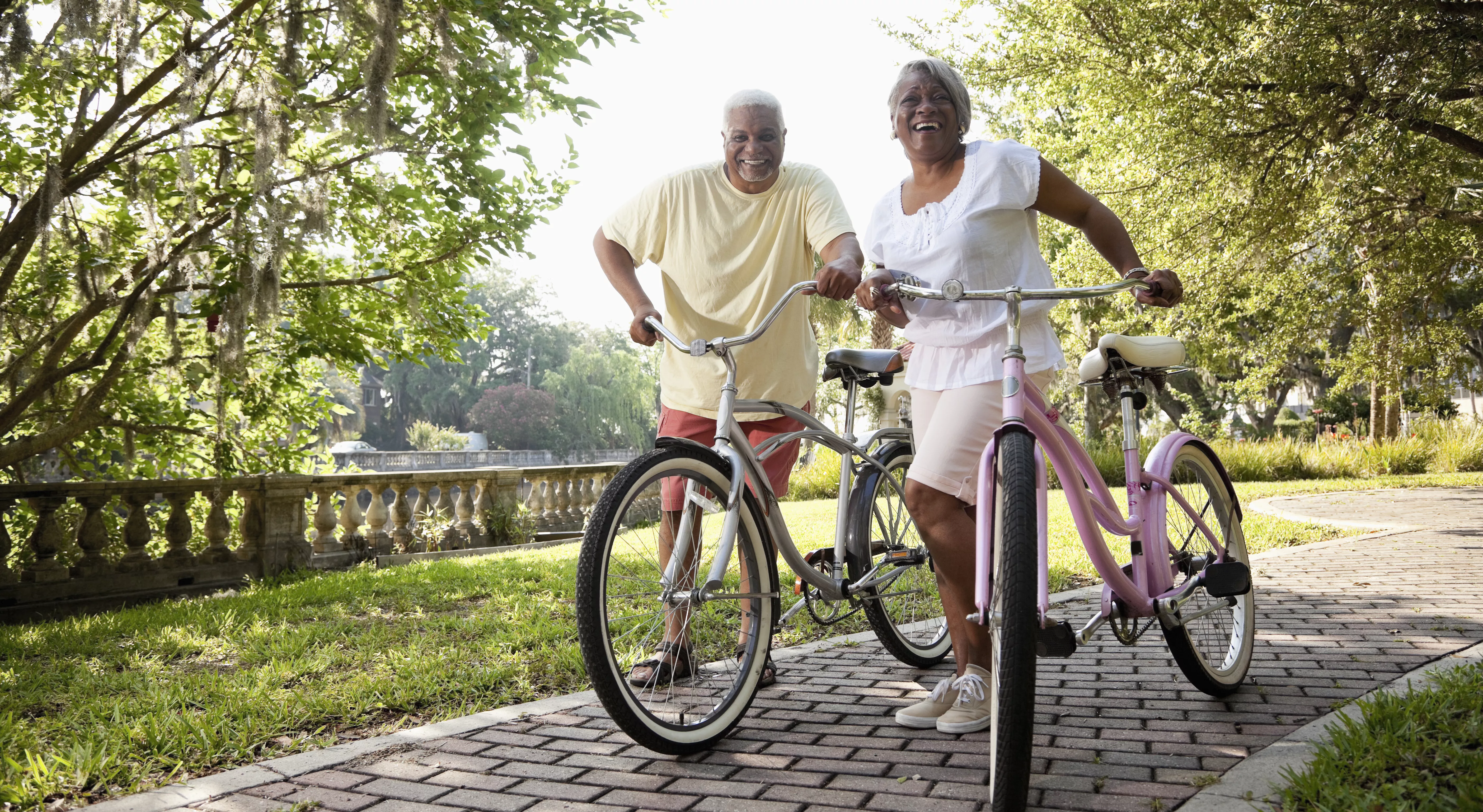Your knee or hip has bothered you for years. Perhaps you have a joint replacement surgery scheduled, or maybe you just know it’s in your near future. Before your surgery, you may be able to decrease your odds of a complication by making a few key lifestyle changes.
Get in shape
Strong muscles help support your joints. The better shape you’re in before joint replacement surgery, the more likely you’ll have a speedy recovery. Regular exercise helps maintain joint function while relieving stiffness and fatigue. Also, strengthening your upper body makes it easier to get around with a walker or cane for the time you’ll need it following your surgery.
Make sure you follow the exercise plan your surgeon recommends, and strongly consider taking part in prehabilitation strength training with a physical therapist. Research shows that prehab helps many recover faster following joint replacement surgery.
Watch your weight
Studies also show that obese patients are more likely to experience complications both during and after surgery than patients who are not obese. Every pound you lose takes three pounds of force off of your joints. In some cases, your diet can even help with the inflammation that can cause joint pain. Cutting back on fried and processed foods can help you lose weight and reduce inflammation.
Quit smoking
Smoking, and other tobacco use, can delay your body’s ability to heal itself following surgery. Smoking can slow down incision healing time, as well as increase your risks of prosthetic-related complications. When you smoke, your blood vessels become smaller, reducing the amount of oxygen-rich blood in your bloodstream. Healthier lungs and higher blood oxygen levels lead to faster healing. If you need help quitting, Anne Arundel Medical Center (AAMC) offers classes and resources at askAAMC.org/QuitSmoking.
Prepare your home
Being able to successfully move around in your own home is the first step to getting back to everyday life following joint replacement surgery. Don’t wait until after surgery to prepare your home.
Here are a few basic tips:
- Consider creating a “base camp” on the main level of your home. This will be where you spend most of your time. Set up a recliner or a chair and ottoman, with your phone, computer, remotes and everything else you’ll need in easy reach.
- Make sure you’ve cleared a path in your home that allows you to easily move around with a walker. Remove loose rugs since they can be hazardous when you are walking around. Plus, make sure you tape down all electrical cords.
- Make sure your food and grooming supplies are accessible, between waist and shoulder level.
AAMC’s Center for Joint Replacement recently began offering PT360, which offers in-home visits from a physical therapist before your surgery. The therapist helps with prehab and helps you prepare for life after joint replacement surgery in your own home. You learn how to get in and out of your own bed, how to navigate your stairs, how to get in and out of your car, and much more.
Keep a positive attitude
Know that you’ll experience challenges along the way, and maintaining a positive attitude helps tremendously. Having a positive surgical outcome is partly dependent on your willingness to work hard in physical therapy and rehab. Keeping a positive attitude helps.
Prepare for your joint replacement
Another challenge patients often face is anxiety, or fear of the unknown. A great way to ease anxiety is to be prepared. Talk with your surgeon and ask questions. Read through the guidebook you’re given by your surgeon. Go to the preoperative joint class and learn as much as you can before your surgery, as this will aid in your recovery.
The success of your joint replacement surgery truly takes a team approach — from the office staff, to the operating room team, to the nurses and physical therapists. Having a solid team helps you achieve the best possible result.
Our goal is always to get you out of pain and back to your everyday activities as soon as possible, and these six steps will help you reach that goal.
To sign up for an upcoming Hip and Knee Pain 101 class, visit askAAMC.org/JointSeminars.
Originally posted March 15, 2017. Last updated May 4, 2018.




